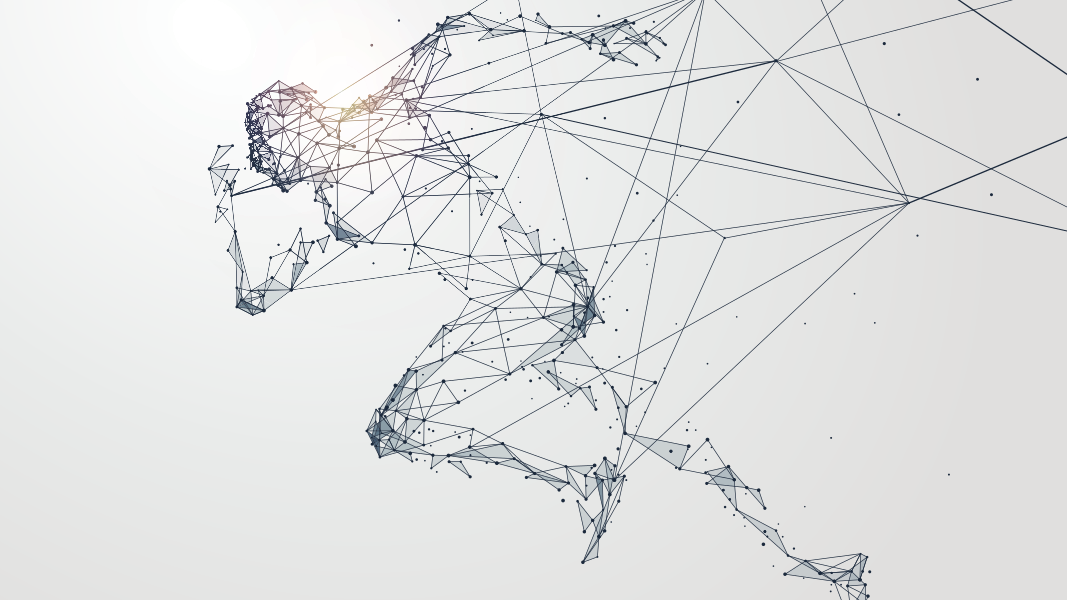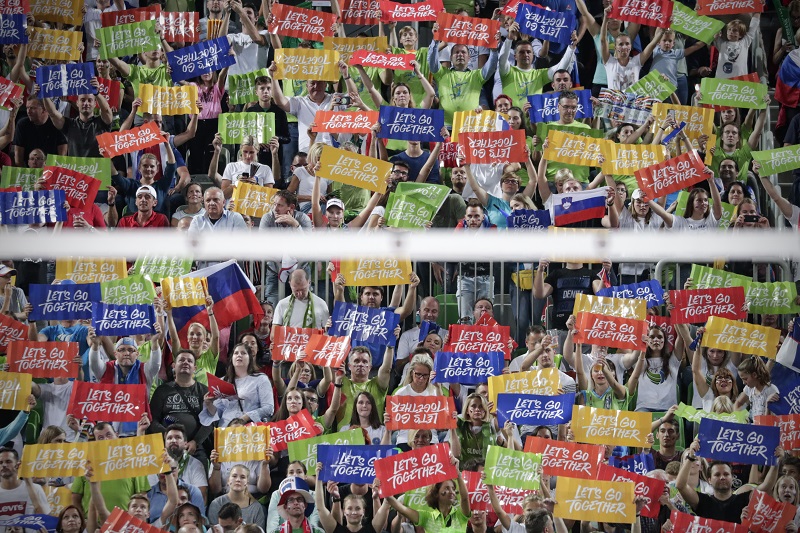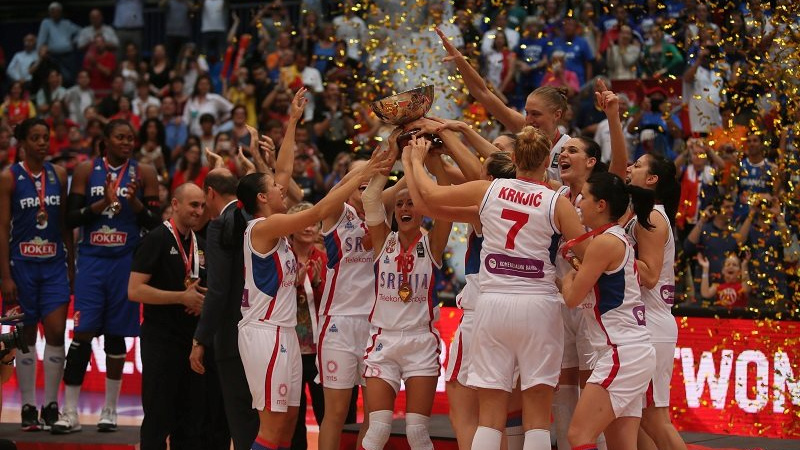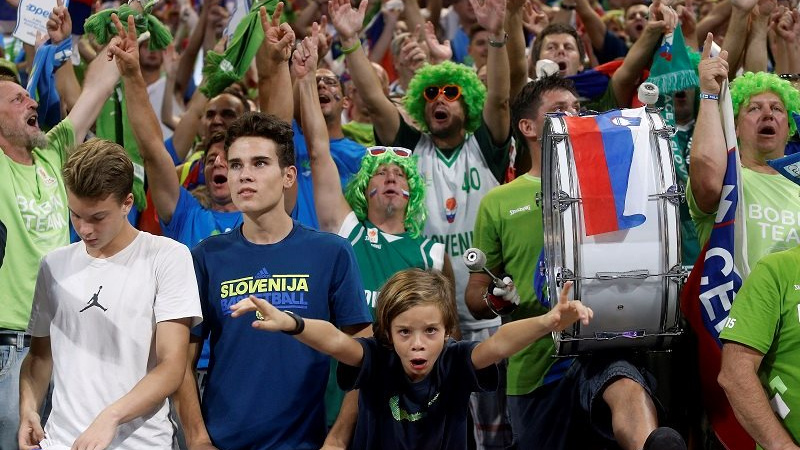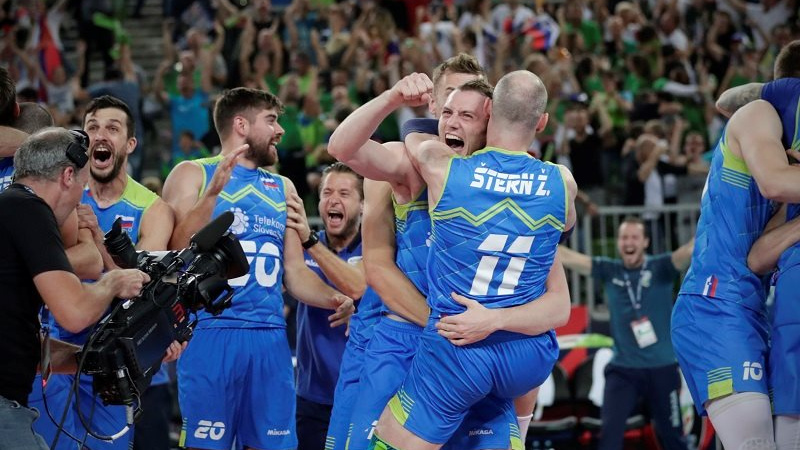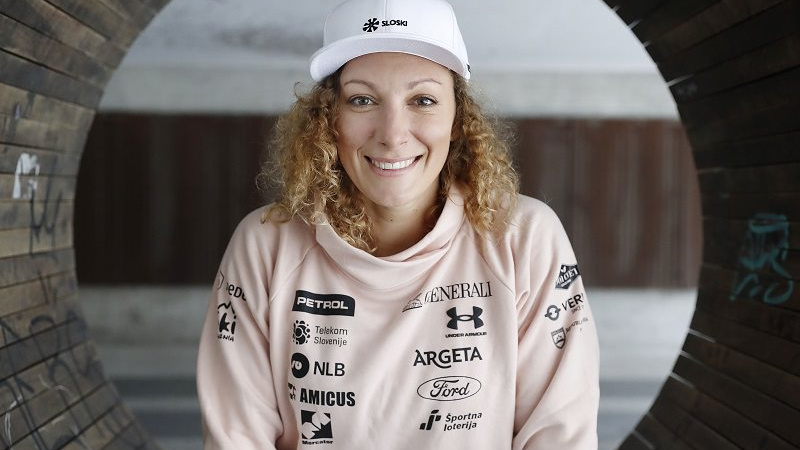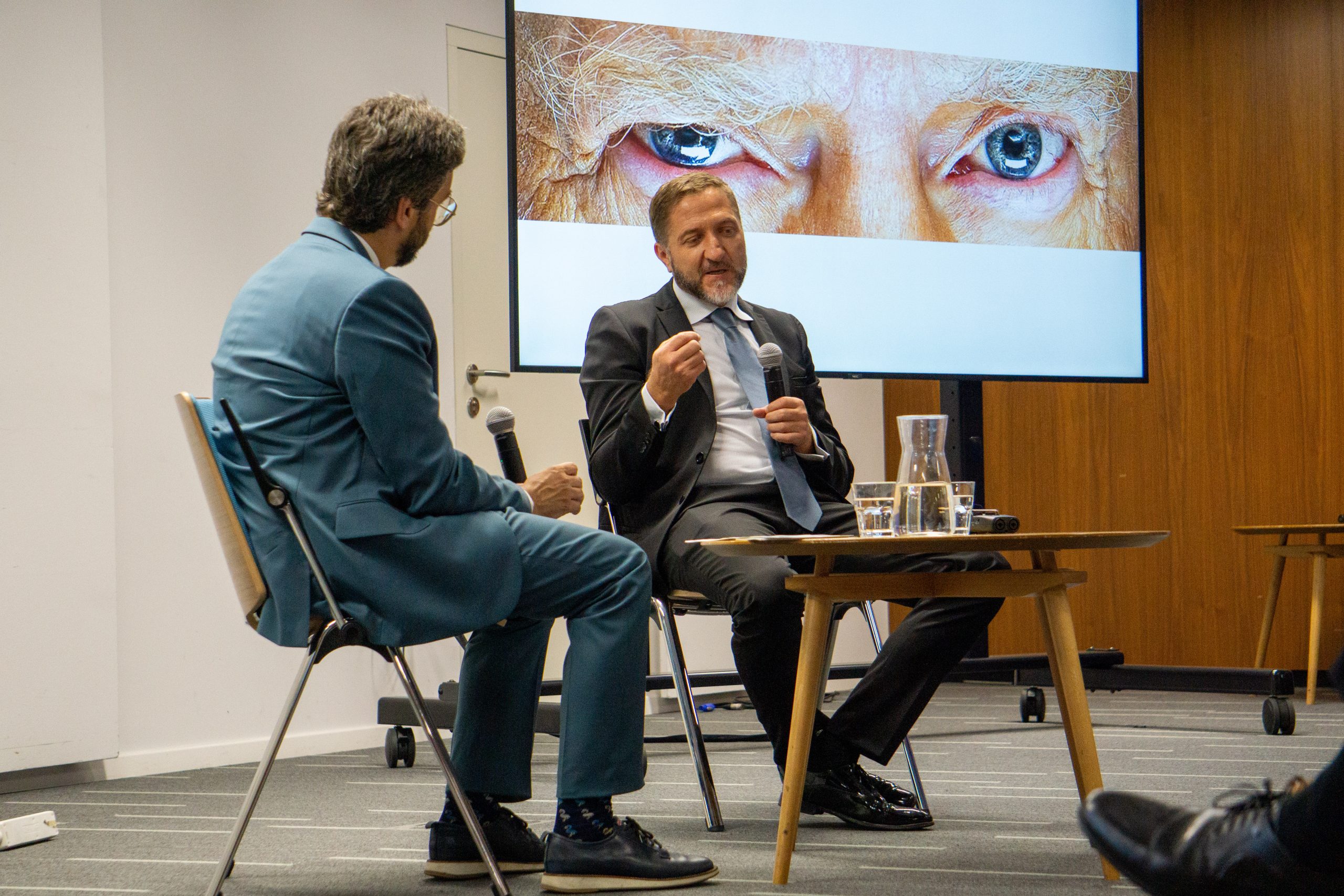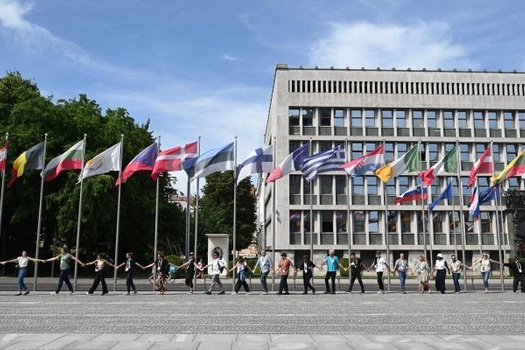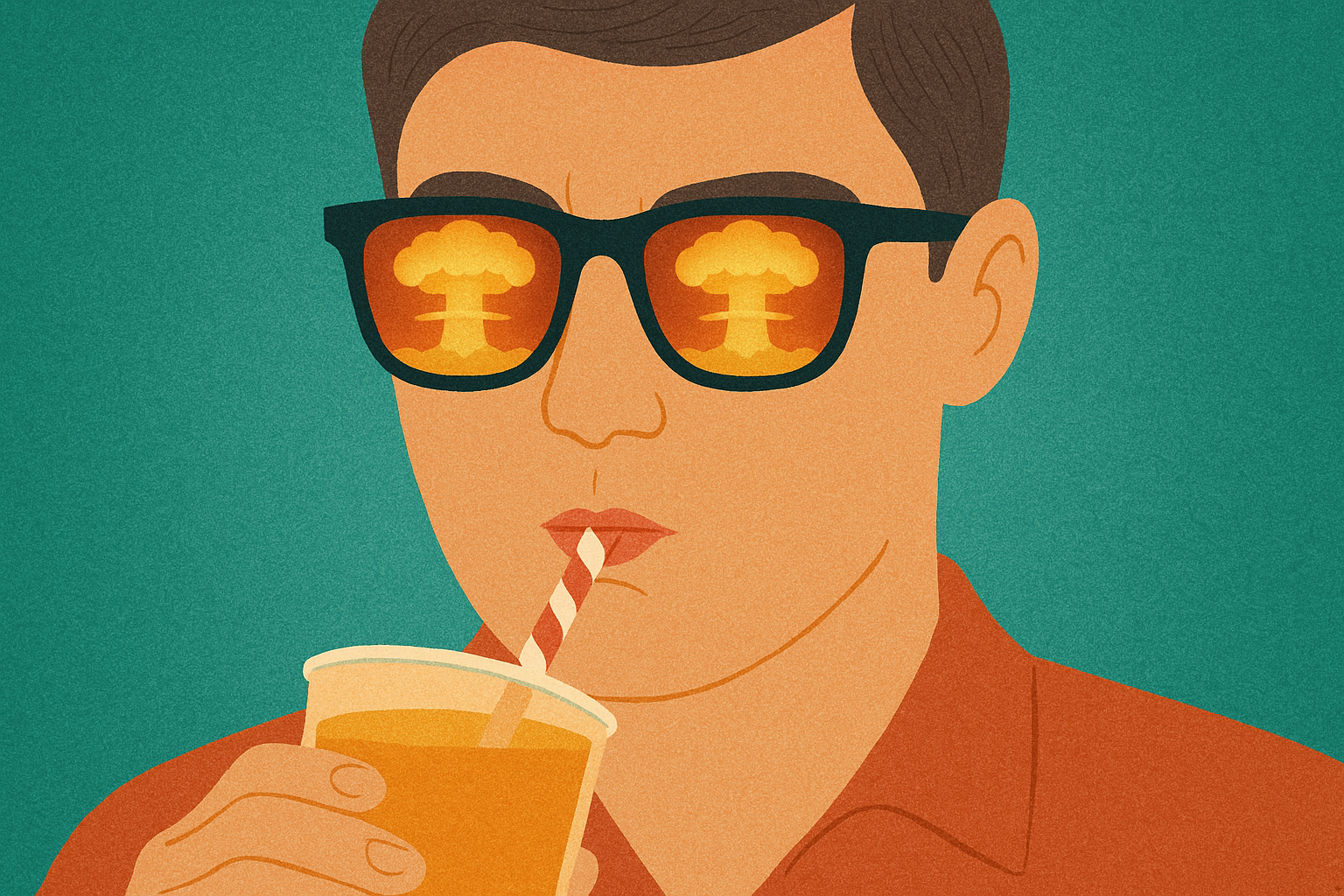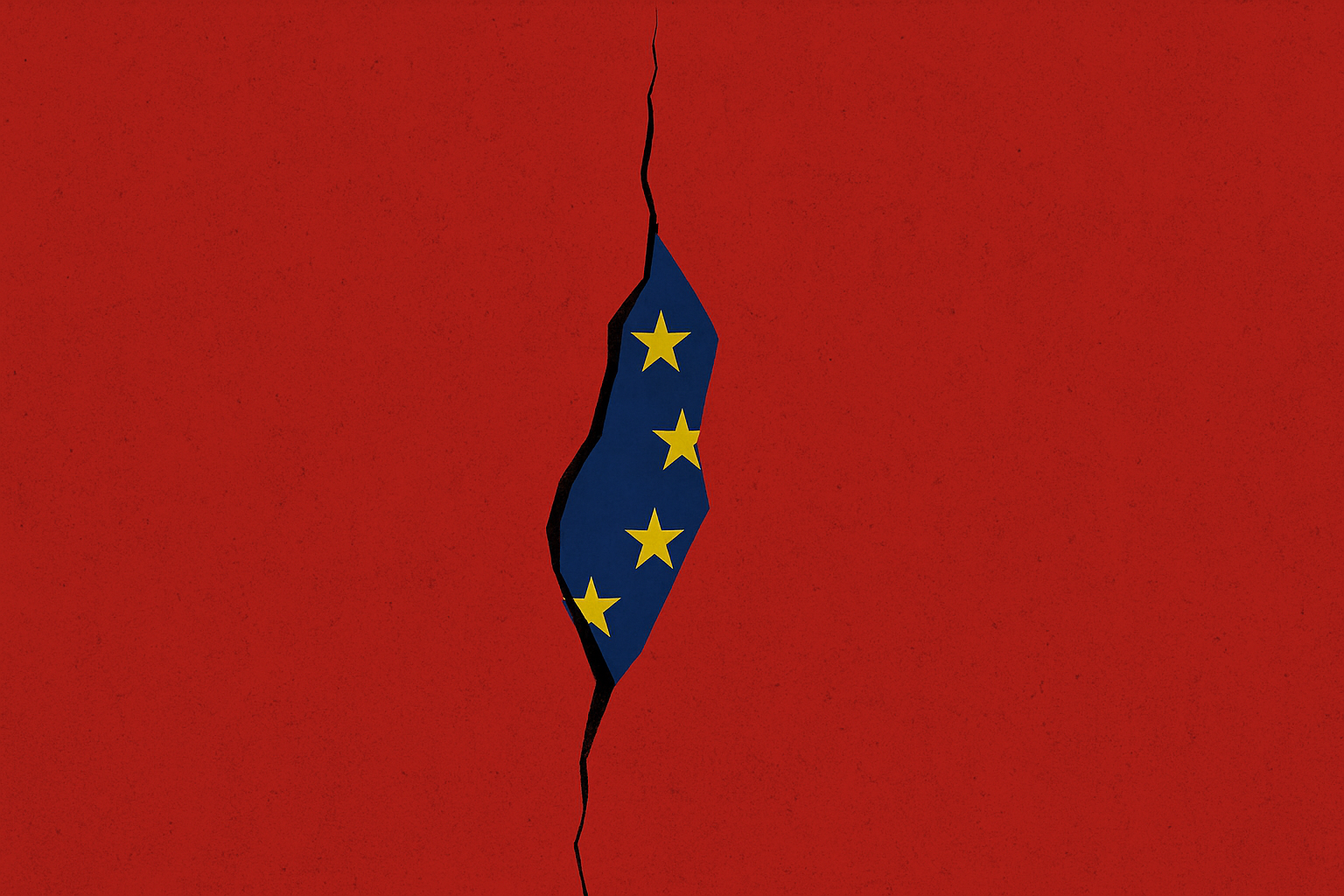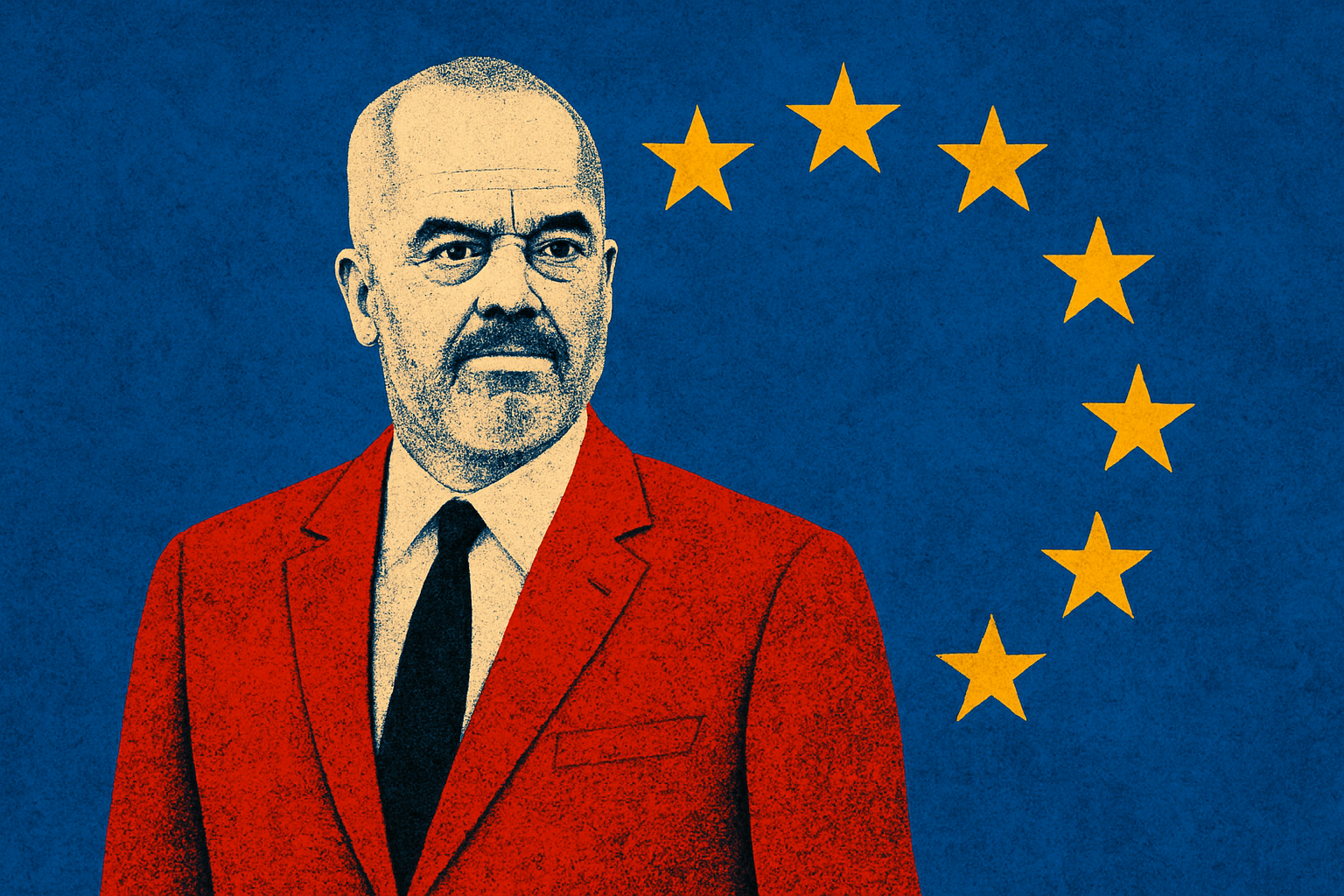Beneficial link between sports, business and politics
An Ever-Evolving Success Story in the Adriatic
Aljoša Žvirc
JOURNALIST AT THE ADRIATIC
The Adriatic region might not be the biggest sports market, but it makes up for it by giving its sportsmen and sportswomen unwavering support and idolization. Having recognized this fact, businesses have poured money into sports in every way imaginable, which in the case of a big sports successes translate into streets full of people showing their colours and support for national teams. Invariably the biggest stars are always wrapped in sponsors’ images and logos, while commercials proudly fill billboards and other advertising media.
The connection has always been there –the link between sports, business, and governments. At the top, no one can go on giving their best without the support of passionate crowds who lift everything to a whole new level. The Adriatic region might not be the biggest sports market, but it makes up for it by giving its sportsmen and sportswomen unwavering support and idolization. Having recognized this fact, businesses have poured money into sports in every way imaginable, which in the case of a big sports successes translates into streets full of people showing their colours and support for national teams. Invariably the biggest stars are always wrapped in sponsors’ images and logos, while commercials proudly fill billboards and other advertising media. Although many businesses and even governments can get quite a pushback for posing with sportspeople, especially after their biggest wins, it is nevertheless true that without the support of politics, businesses, and local commerce, stakeholders would not reachthe same level of mutual benefit. This is even more important in times of a crisis like the breakout of the COVID -19 pandemic.
Businesses, governments, and everyone active in sports would support the claim that passion runs high when it comes to sports, even more so in such regions like the Adriatic. People here are said to be living at both ends of the emotional spectre –with great passion, support, joy and boasting there also comes a lot of misunderstanding and rage. History is intertwined with lives of ordinary people, experiencing how wars could tear them apart, or pull them together again, giving rise to heartfelt stories of success. The forgiving nature of the region, as well as the rallying around those who can boast with successful stories (whether in sports or anywhere else for that matter), makes for an interesting impact –here people react to good deeds with their own support, perhaps even more intense than the initial spark that triggered them. A step forward made by the authorities and businesses, who show great interest and support, usually results in two steps forward made by the local population. They crave for heroes and feel that by showing their support, they are sharing in their heroes’ glory. So, it is always an evolving link, but sport lies in its center and is always trying to get a bit more out of each other side it is involved with. But society also gets undeniable benefits. Sport helps people forget about their daily problems for a little while. Sport is the proverbial glue that helps the society function a tad better.
In the long term, popular support translates into financial stability and profit.
This is even more evident from a historical perspective. The former Yugoslavia was a sporting superpower, its heroes enjoying sort of a mythical status throughout the region. Despite different nations and religions coexisting inside those borders, something that inevitably gave rise to friction, people always had their teams to support and lean on to. Multiple world championship titles in team sports such as basketball, water polo, strong showings in football, volleyball, handball, and others –these sports always supported the claim that they can erase boundaries. And along with the success of champions, so have businesses always aspired to broaden their reach. At least for a while –until sports became one of the most important catalysts for political change and the eventual break up of Yugoslavia.
Sports became one of the most important catalysts for political change and the eventual break up of Yugoslavia.
In the early ’90s, change seemed inevitable, even though the aftermath was especially taxing on the people. Politics, business, and sports had to rally behind their people to help them get back on their feet again. It was a long and drawn-out process, but with the help of governments and local businesses, sports made leaps forward in the last few decades, when everyone had to find solutions in a different economy. Although frictions still exist (and probably always will), the tradition of sporting success remains in smaller but not necessarily less powerful markets. Both individual and team sports lie at the heart of a state’s global recognition. They open up new possibilities for politics, commerce and tourism to explore. It pays being the country where a sports champion was born in and started his or her path to stardom –many fans want to visit where it all began, a sentiment widely shared by the media.
Sporting stars, on their part, appreciate the interest for their roots, and help promote their country’s top attractions (obviously emphasizing their nation’s hospitality and laid-back approach towards tourism). In the end, the focal point of the collaboration between sports and different organizations are various contracts and other mutual deals. This may be even more true now than it was in the past (when everyone was training under more or less the same conditions and corporate sponsorships were minimal or locally driven). Nowadays, the market is a global one, where everyone fights for their chunk of glory, benefits, and popular affection. Every side in this ever-evolving and growing business gives something, and also expects something in return. Sponsorships are still the best way for companies to try and achieve their marketing goals. It is a tough bout, but with the right support, sporting success and its benefits are never far away, whoever might claim the credit forit (in another proverbial case of the chicken and egg).
The NLB Group-a long tradition of giving back to society through social responsibility programmes
The NLB Group has a very comprehensive social responsibility programme spanning from humanitarianism, environmental protection and the support of culture to the care for employees and the development of entrepreneurship as well as sports, the latter being one of the programmes’ pillars. Sport and beyond –a healthy lifestyle is an essential foundation of NLB’s social responsibility. “Sport gets people moving. In modern times, we pay special attention to trying to inspire as many young people as possible to practise sports. An immensely important part of our programme is Sports for young people, in which we support the development of programmes that animate the widest possible base of young people by supporting both sports associations and sports clubs that apply for tenders“, explains Blaž Brodnjak, the CEO of NLB. “We live in a time of ‘social media likes’, as the younger generations are building self-esteem on the number of approvals and thumbs-up for their statements or photos published on social media. Once these young people will have appeared in the labour market and will have taken over responsible professional and life roles, they must understand that well-meant criticism is not harassment but a valuable contribution to their personal development,“ elaborates Brodnjak. “It is especially important for society that young people learn to socialize with their peers in a physical environment, on playgrounds, in sports fields and halls, to learn it is necessary to participate as a team player and to pick up that there are not only victories but also defeats that compose
one’s life. This is our message: ‘Accept defeats with dignity, learn from them and then move on to new victories.’ And we want to communicate these values through our support of sport.“
THE ADRIATIC
This is an article from Adriatic Journal Strategic Foresight 2021
If you want a copy, please contact us at info@adriaticjournal.com.

